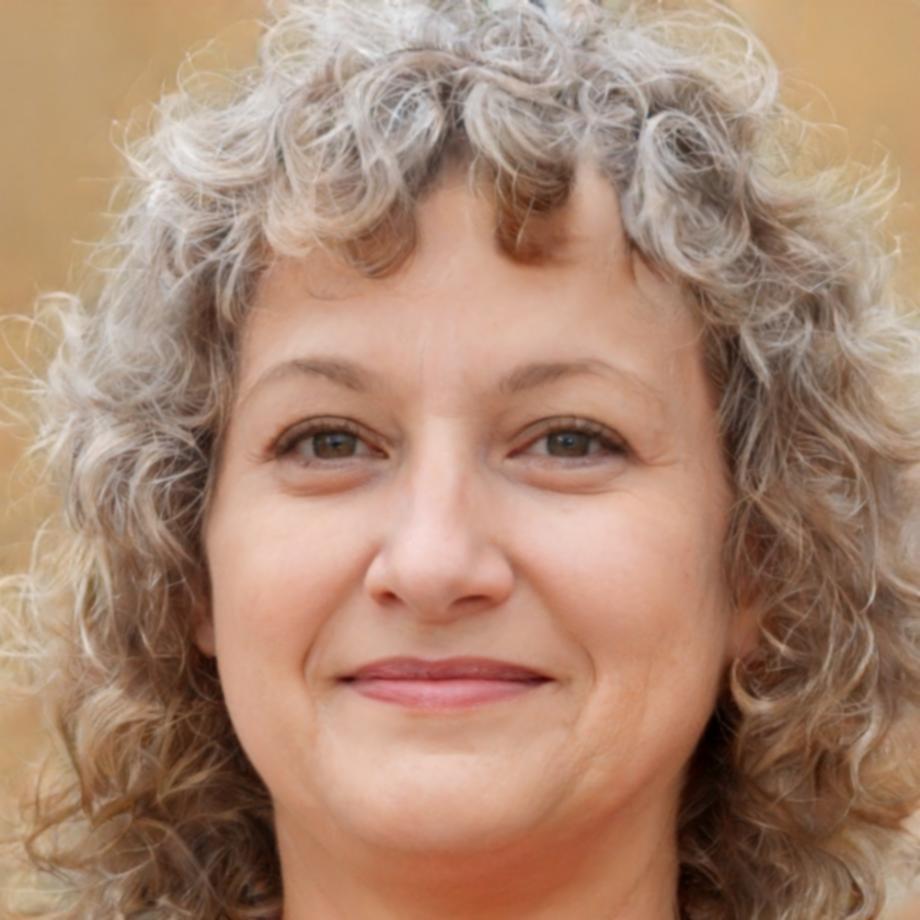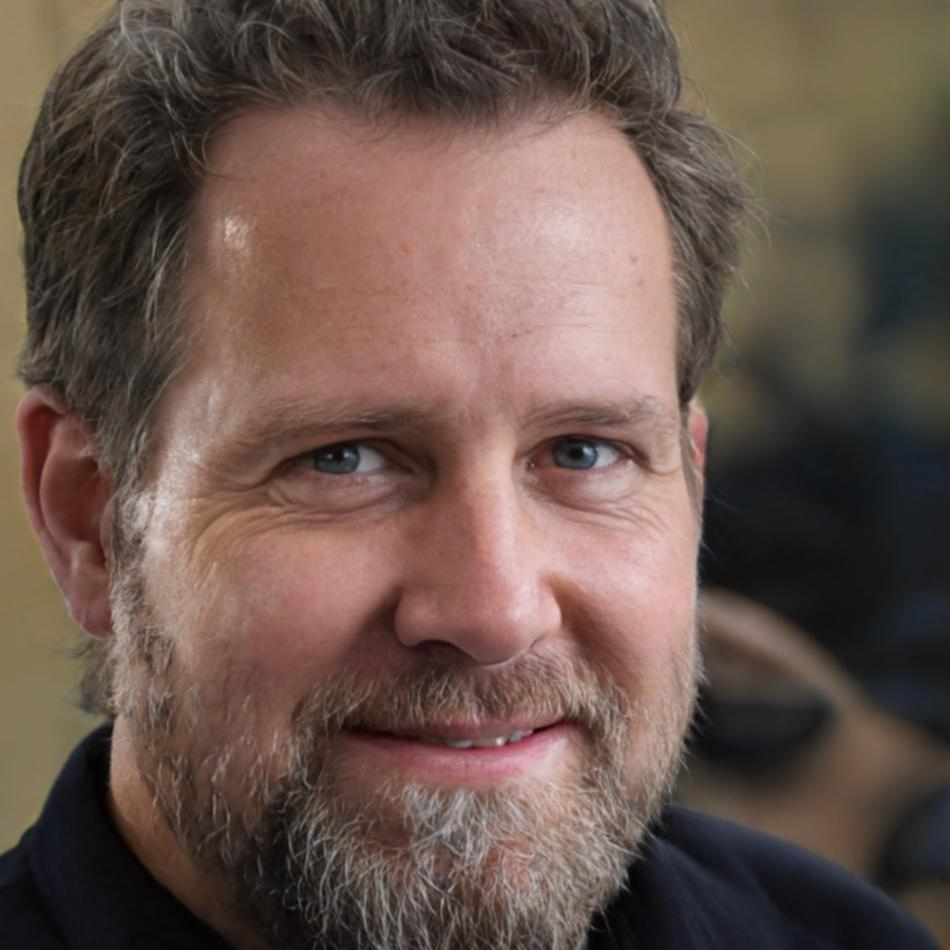Teaching People to Think Differently About Money
We started colinthyra in 2018 because we kept meeting smart people who made terrible financial decisions. Not because they lacked information—they had plenty of that. They struggled with something deeper that no calculator or budget spreadsheet could fix.
Who Actually Teaches These Programs
Our instructors spent years working in finance before realizing the industry taught everything except what matters most. Now they focus on the psychological patterns that actually determine financial outcomes.

Roksana Fjellström
Financial Psychology Specialist
Roksana worked in wealth management for eleven years before questioning why clients with identical incomes ended up in completely different financial situations. She started studying the decision-making patterns behind the numbers and now teaches people to recognize their own financial blind spots.

Declan Thornbury
Behavioural Economics Instructor
Declan spent years analyzing why financial education programs failed. People attended workshops, read books, understood the concepts—then went home and made the same mistakes. His programs focus on the gap between knowing what to do and actually doing it consistently.
How We Actually Structure Learning
Most financial education treats everyone the same. We don't. Because someone who avoids looking at bank statements needs different tools than someone who obsessively checks investment apps six times daily.
Our instructors spend the first three sessions just identifying patterns. Where does your financial stress actually come from? What stories are you telling yourself about money that might not be true?
- Small group sessions where people recognize their own patterns through discussing real situations
- Individual check-ins focused on obstacles you're actually facing, not theoretical scenarios
- Practice exercises designed to rewire automatic responses to financial decisions
- Ongoing support that acknowledges setbacks as part of genuine behaviour change

Where Learning Actually Happens
We run our programs from Castle Hill because we wanted a space that feels comfortable rather than corporate. People share vulnerable stories about money here. The environment needed to support that openness.


Start With A Conversation
Our next intake begins in September 2025. Before anyone enrolls, we have an honest discussion about whether this approach makes sense for where you are right now. Sometimes it doesn't, and we'll tell you that.
Get In Touch